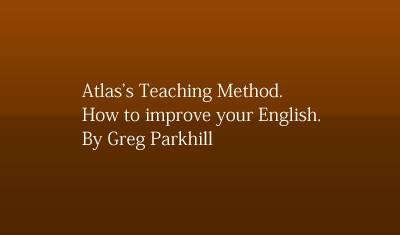
Here we have a very common mistake.
We have two similar words boring and bored which are easy to confuse.
There are many similar words like this;
Bored Boring
Excited Exciting
Interested Interesting
Scared Scary
Thrilled Thrilling
Tired Tiring
Bored (-ed) is an emotion or feeling, and is used by a person to describe their feelings.
For example;
○ I worked hard, I am tired. (= I feel tired.)
○ I will go on vacation, I am excited. (= I feel excited.)
○ I saw a spider, I am scared. (= I feel scared.)
If we want to talk about WHY we are feeling (= ed) we must use –ing.
○ My work is tiring. 仕事は疲れるものだ。
○ Going on vacation is exciting. 休暇に出かけるのはワクワクするものだ。
○ Spiders are scary. 蜘蛛は怖いものだ。
The -ING is a THING which causes the feeling. 気持ちの原因となる物(人)
○ I am 195cm. I am 145kg. I love drinking and fighting. I am scary.
Usually (but not always) the thing is not a person.
○ I don't like studying. I don't like history. History is boring.
○ In history class I am bored. = I feel bored in History class.
× In history class I am boring.
× I feel boring in history class.
○ History is boring.
○ The students are bored.
Usually;
○ I am excited. = I feel excited.
○ Tom Cruise is exciting! (= Tom Cruise makes me feel excited.)
○ Bungee Jumping is exciting.
I am boring, is grammatically correct, but you probably shouldn't say this to your friends and teacher. I don't like talking to boring people!
|

